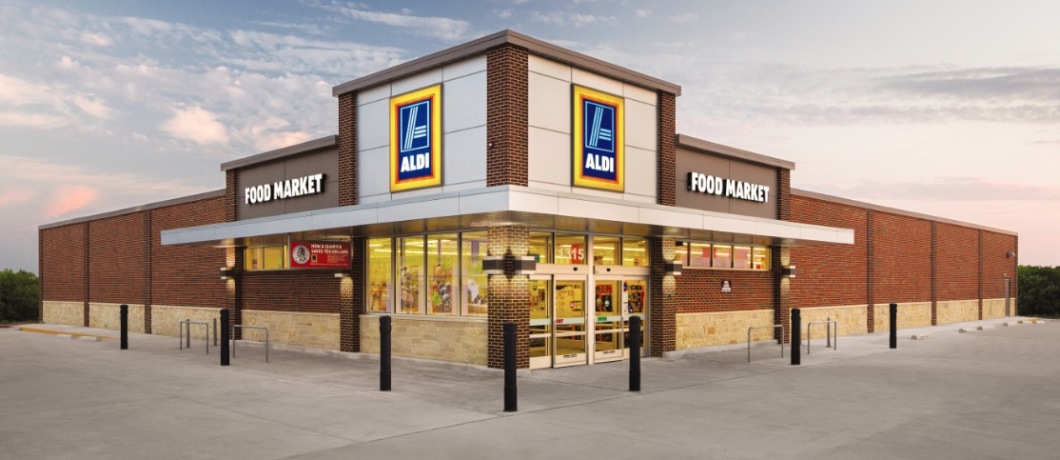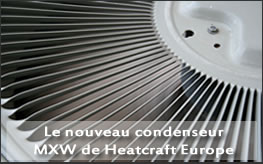Aldi awarded LEED gold certificate
USA – ALDI, one of the largest grocery stores in the USA, has been awarded the LEED
(Leadership in Energy and Environmental Design) Gold certification from the U.S. Green Building Council
(USGBC) for its environmentally sustainable distribution center and regional headquarters in Moreno
Valley, California.
According to USGBC, LEED projects are responsible for diverting more than 80 million tons of waste from
landfills. Compared to the average commercial building, LEED Gold buildings consume a quarter less
energy and generate 34 percent lower greenhouse gas emissions.
“ALDI is taking steps wherever possible to reduce our environmental impact,” said ALDI Vice President
Aaron Sumida. “Building our warehouse to meet LEED Gold requirements is a significant achievement,
one that will enable us to conserve energy, reduce water consumption, which is critical in California, and
ultimately reduce our carbon footprint.”
To meet LEED Gold standards, ALDI worked with Graycor Construction Company as the design-build
partner along with architects and engineers to improve the design and materials used in the
development of its distribution center and regional headquarters. The sustainable building features
installed in the Moreno Valley facility include:
- Renewable energy from on-site solar panels that provide 60 percent of the electricity at the ALDI
Moreno Valley regional headquarters and warehouse. - Ammonia refrigeration system which is a naturally occurring element and highly energy efficient.
- Electric vehicle charging stations and bicycle racks that promote the use of greener methods of
transportation. - Water efficient landscaping and plumbing.
“Nearly 40 percent of the solution to the global climate change challenge can come from improved
building operations. And while climate change is a global problem, innovative companies like ALDI are
addressing it through local solutions,” said Rick Fedrizzi, CEO and founding chair of USGBC. “By
implementing measures to ensure the facility is operating more efficiently, ALDI is helping us get one step
closer to USGBC’s vision of a sustainably built environment within a generation and contributing to the
uptake of green building practice worldwide.”
The accomplishment is representative of the collective efforts of ALDI and their design-build team
comprised of Graycor Construction Company as the builder and multiple design partners which included
HPA Architecture, Webber/Smith Associates, Inc., Gregg Electric, Inc., Air Control Systems, HSA Engineering,
Inc., Huitt-Zollars, Ridge Landscape Architects and KDI.
“The ALDI Moreno Valley facility epitomizes what can be achieved when there is shared mutual respect,
trust and cooperation between all project team members—owner, contractor, designers, subcontractors
and regulatory agencies,” said Daren Sealover, Project Executive, Graycor Construction Company. “The
facility is beautifully – and most importantly – sustainably built and I couldn’t be more proud to have
partnered with ALDI on this project.”
Throughout the construction of its Moreno Valley warehouse, ALDI diverted more than 90 percent of its
waste to be recycled, composted or repurposed.
“ALDI shoppers know that we save them time and money while offering their families premium quality
groceries at affordable prices,” said Sumida. “With this LEED recognition, they also know that ALDI is doing
our part to reduce our impact on the environment by embracing sustainable initiatives across our
business.”
ALDI embraces sustainable initiatives not only in California, but across all its operations. ALDI stores have a
smaller carbon footprint than traditional grocery stores, due to their smaller size. ALDI stores also feature
environmentally friendly building materials and state-of-the-art lighting and refrigeration systems that
reduce energy use.
“As ALDI expands operations to California, we will continue to uphold these values by ensuring our
California stores feature sustainable building elements designed to reduce our carbon footprint through
energy efficiency, waste reduction and green building design,” said Sumida













